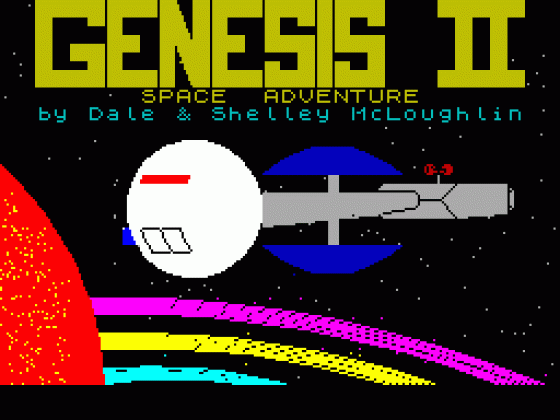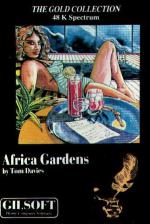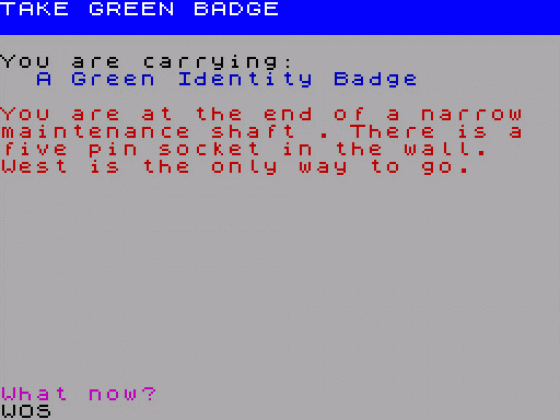
Personal Computer News
 1st September 1984
1st September 1984
Categories: Review: Software
Author: Bob Chappell
Published in Personal Computer News #076
Bob Chappell surveys the scene to evaluate the influence of a new crop of innovative adventures.
Adventures Capital
Bob Chappell surveys the scene to evaluate the influence of a new crop of innovative adventures
Melbourne House's The Hobbit and Legend's Valhalla were both important watersheds in the development of the adventure, but how much has the adventure moved on since their launch?
Like them or not, these two games set new standards in two fields, most obviously in graphics, but also in popularising semi-intelligent characters (in addition to the one usually found sitting at the keyboard).

So, post Hobbit and Valhalla, you might have expected the floodgates to open for a new breed of adventurers. A look at a representative sample of some of the latest releases should give us an indication of the state of this particular art.
Fantasia Diamond
This one is Hewson's follow-up to Quest. The plot is hardly original, being littered with stolen treasure, elves, castles and the like, but there's no doubt that Fantasia Diamond is one of the most sophisticated of the current wave.
It shows clear signs of the influence The Hobbit has had on the genre. The command analyser is powerful, allowing the player to enter compound commands such as 'OPEN THE DOOR AND GO EAST', 'GET THE FOOD AND THE WINE' or 'LOOK THROUGH THE WOODEN DOOR'. You can also communicate with the various characters in the adventure with the syntax 'SAY TO THE GNOME "GET THE ROD"'. The characters themselves lead separate lives, and will go about their business as you go about yours.
Many of the locations also include simple graphics, and if you know The Hobbit, they will seem fairly familiar. Hewson has obviously taken the lessons of The Hobbit to heart by combining a powerful command parser, character communication, independent characters, graphics and a large scale mission. The end result is fantasy adventure that is both sophisticated and stimulating, and offers a great challenge.
Waxworks
Fresh from the fertile mind of Brian Howarth comes yet another in the popular Mysterious Adventures series. Originally these adventures were text only, but they've been updated in keeping with the trend towards graphically depicted locations.
One excellent feature of this particular series - apart from the fact that it is available for a wide range of micros - is that you can switch the graphics on or off at any time during the adventure.
Waxworks follows a theme beloved of devotees of spook stories. You've been visiting a waxworks museum and you've fallen asleep - in this respect it's a bit like visiting the House of Lords - and you wake up to find that you've been locked in for the night.
The adventure breaks no new ground in terms of technical development - apart from the graphics it's a traditional verb/noun command driven game - but, nevertheless, like its predecessors it's a thoroughly enjoyable and entertaining adventure.
Genesis II
This article was converted to a web page from the following pages of Personal Computer News #076.
Adventures Capital
If you auction an item, it will no longer show in the regular shop section of the site.





